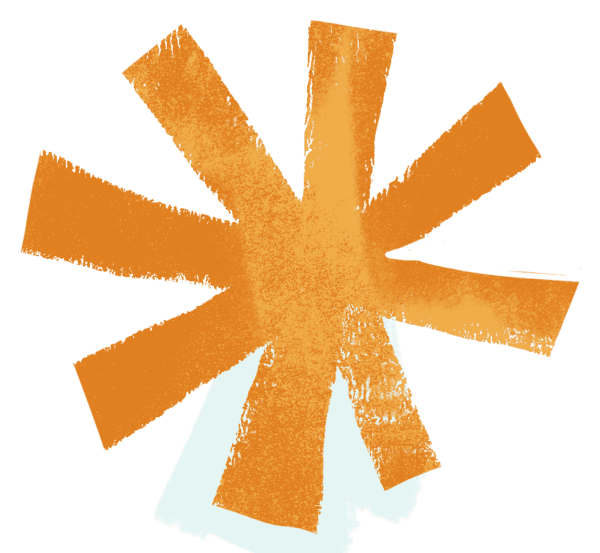Global 
How We’ve Formalized our Learning and Adaptation Practice

Global 

The world and the ecosystems in which we work continuously evolve. We know there is tremendous institutional value in writing down and saying out loud what our learning practice is all about.
It helps us protect, sustain and grow a culture of meaningful learning that can advance our work forward; and makes our practice intentional and relational. Last year, we shared our approach and the multiple models of learning that we have experimented with; and how we create space for our learning practice to unfold in different local contexts. In this blog, we share what learning has looked like as we begin to formalize this practice.
There is tremendous institutional value in writing down and saying out loud what our learning practice is all about.
We invite you to read snapshots from our Brazil and Africa teams below where they used these learning and adapting practices to inform and shift their strategies and work.
During our annual systems sensing that our team in Africa dove deeply into what a gender lens in our work would look like.
Our annual systems sensing is an intentional time set aside each year to look at the larger systems in which we work and how they are changing – this could include external shifts, like political changes, or internal, such as new sources of funding emerging to support more work in the system. Working together, we identify shifts, emerging patterns, important themes to investigate more fully, as well as potential opportunities.
We were fortunate to be able to lean on the expertise of philanthropic partner, Echidna Giving and their Gender Framework. We tested and adapted the framework in partnership with grantees, supporting them in self-assessing against the framework. We also asked for partners’ feedback on their experience of using the framework, and as a result we adopted a version of the framework as a way of articulating our commitment to progressing along a gender responsiveness spectrum and supporting our partners in progressing as well.
Our Brazil team’s listening practice involves convening our Advisory Group of grantees and non-grantee partners; holding a community practice with Black and Indigenous leaders, connecting with leaders within the education system and more.
Working together, we articulated the racist patterns underlying Brazil’s education system. Notably, we heard about the needs of Indigenous students who are nearly invisible in conversations about education reform and support. As a result of this valuable insight, we changed the composition of our Advisory Group to include more Indigenous representation and we listened to the insights of a key partner, an indigenous leader with an influential voice among his/her community. Today our Advisory Board is more diverse, including Black and Indigenous community and education leaders. As a result of these learning efforts, we made recent exploratory investments to support Indigenous leadership on these issues and help us gain greater proximity to the needs of Indigenous communities. It has also provided us with more understanding of how we could help rectify the injustices and inequities they experience. Read more about our work here.
Learning is not an endpoint, but a journey for us at Imaginable Futures. Developing our muscle of learning and adaptation to surf the waves of change is a crucial skill to advance our mission and vision.As systems change, evolve and grow, we must continuously learn and adapt our work. We invite you to learn about our approach here.